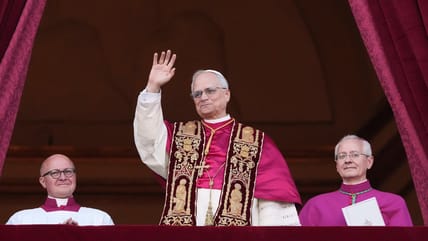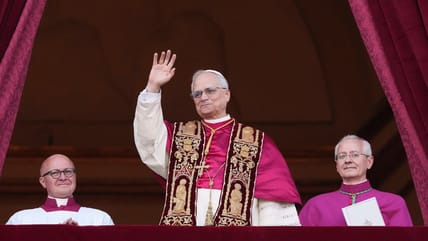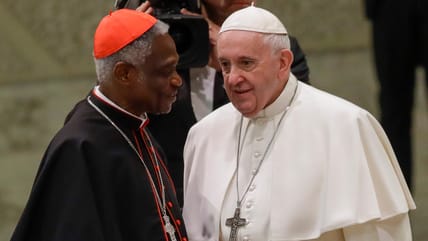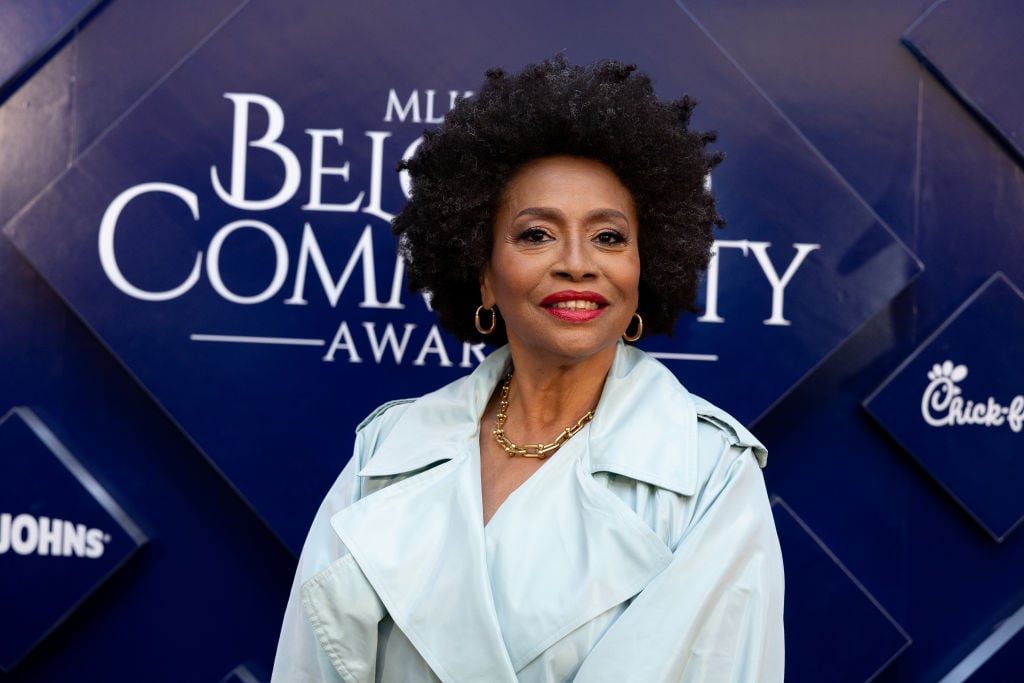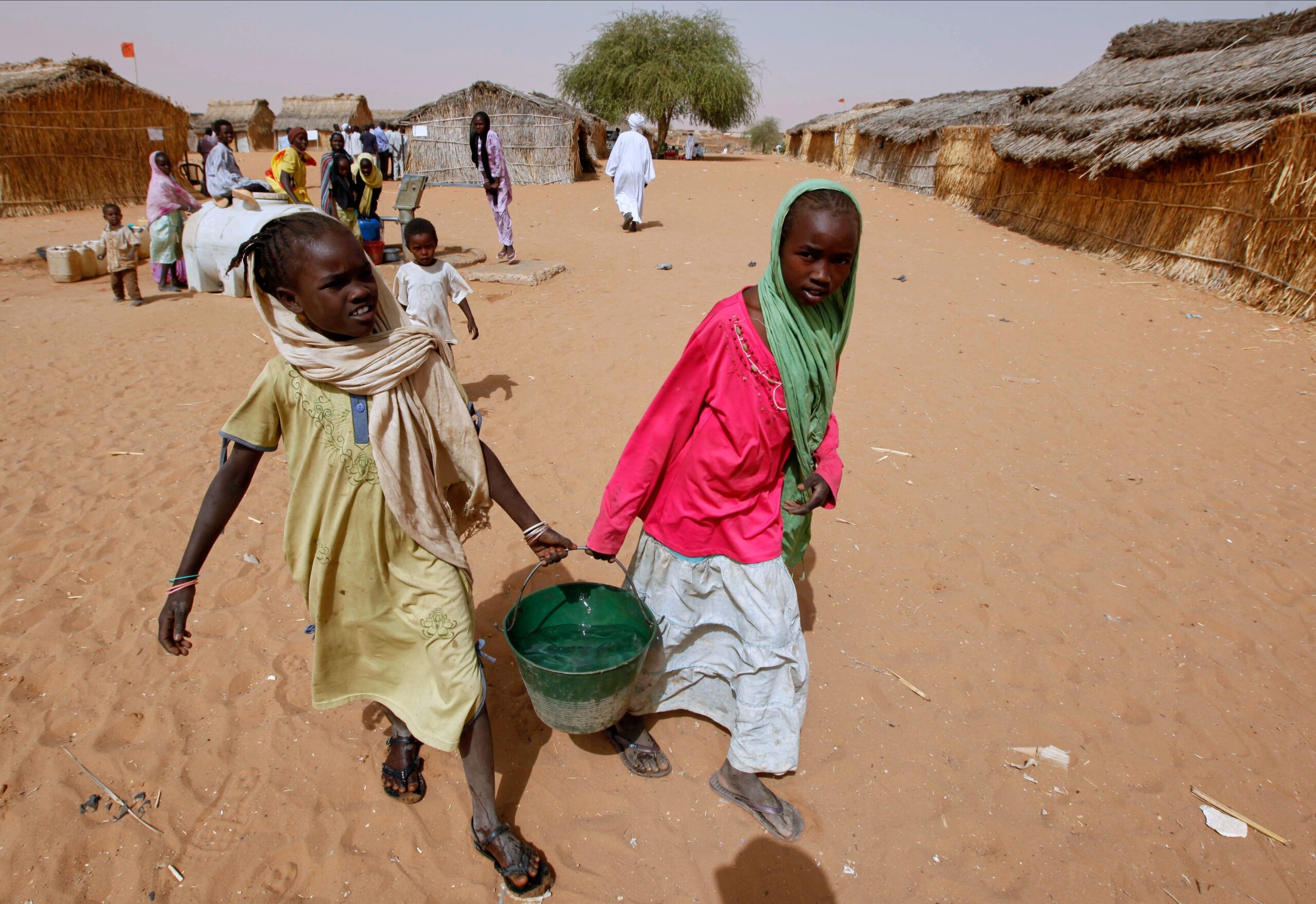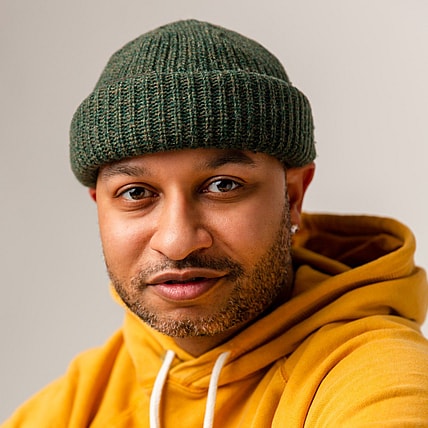When white smoke rose from the Sistine Chapel and Robert Francis Prevost emerged as Pope Leo XIV, making history as the first American to lead the Catholic Church, the headlines celebrated the milestone. But in Black communities, especially New Orleans barbershops, community centers, and Black family Facebook groups, the moment resonated differently because this pope carries a diverse cultural background that’s more layered than the Vatican’s marble.
Jari C. Honora, a genealogist whose work centers the landscape of Louisiana’s Black and Creole history and has been featured on PBS’ “Finding Your Roots”, revealed: “Our Holy Father, Pope Leo XIV, has Creole of color roots from New Orleans on his mother’s side,” on Facebook.
Long before Pope Leo XIV was born in Chicago in 1955, his family was building a life in New Orleans’ Seventh Ward, an area that once buzzed with Black-owned businesses, culture, and a relentless sense of community. That was before the city bulldozed homes to build the Claiborne overpass, a concrete scar etched into the heart of Black New Orleans.
According to Honora, the pope’s maternal grandparents, Joseph Martinez and Louise Baquié, were married in 1887 at Our Lady of Sacred Heart Church. Records show Joseph Martinez was born in Haiti, and were “identified in records as Black or mulatto,” before they “passed” into whiteness when they moved north.
By the time Mildred Martinez, the pope’s mother, was born in Chicago in 1912, that Black identity had been folded into ambiguity, a journey familiar to so many Black and brown families chasing opportunity at the time. She grew up to become a librarian. Her son would become pope.
It’s unclear if Pope Leo himself has embraced or even publicly acknowledged this ancestral truth. His background has long been described as Spanish, and his previous diocese in Peru reportedly declined comment on this lineage. But the record tells its own story, revealing “ancestral ties to Creole and Haitian families,” as Rep Troy Carter, D-La. said in a statement, per Forbes.
The pope, born in 1955, studied math at Villanova before dedicating himself to ministry. His path led him to Peru, where he became a naturalized citizen, a bishop, and later a cardinal. In 2023, he was tapped to oversee the appointment of new bishops, and just a year later, he became the first U.S. pope.
He’s been described as a centrist, a champion for migrants and the poor. His past social media suggests quiet critiques of Trump-era immigration policies. In that way, perhaps his leadership will reflect the resistance embedded in his ancestry.


